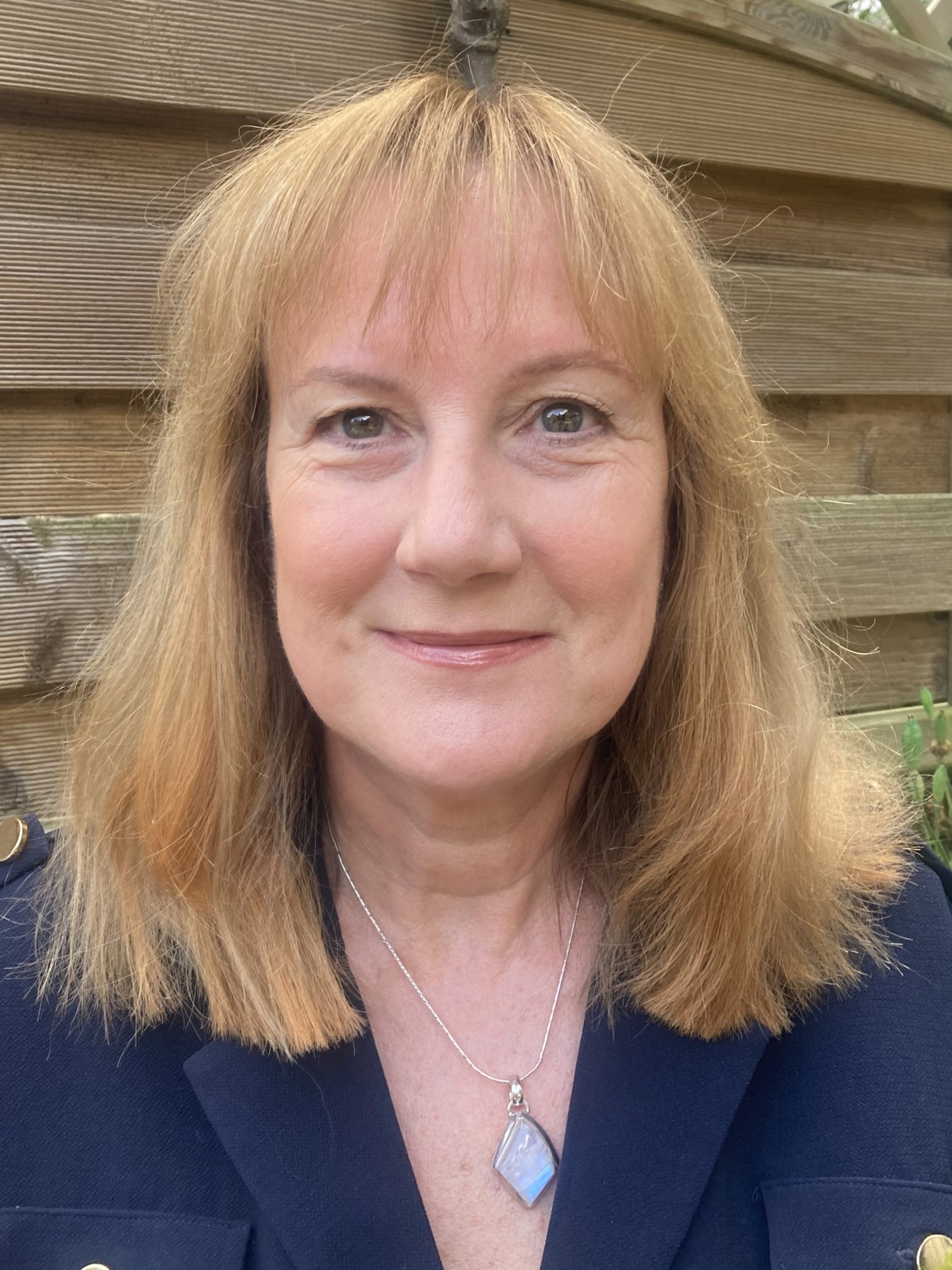In conversation: Julie Sheldon, Associate Tutor, Trauma Informed Practice
The Restraint Reduction Network (RRN) is pleased to introduce Julie Sheldon, Associate Tutor on the RRN’s Diploma Practice Leadership in Trauma Informed Practice.
Here, Julie shares her reflections on the course so far and the importance of trauma informed working.
Can you tell us a little bit about your background and expertise.
“I have worked in mental health as a registered nurse for 37 years. This has included working within various mental health specialities and time within NHS England working to reduce restrictive practices and end long term segregation for those with learning disabilities and autistic people. I also have many years’ experience as a tutor within universities, colleges and NHS trusts.”
Why is trauma informed working important?
"Trauma informed practice is at the heart of compassionate, humane and effective working and extends to the way we treat our colleagues, peers and those we interface with as part of our work. Understanding trauma and how it applies to ourselves, those we care about and care for can significantly improve not only our understanding of ourselves and how we behave, but how our colleagues, those we care for and their loved ones respond. It can help us work out ways to improve the support we offer, reduces likelihood of restrictive practices and helps us to engage collaboratively with those we work with and for.”
What does being a tutor on the course involve?
“I support a group of learners through the course, offering monthly group supervisions where we discuss the application of our learning within our specialist areas of practice, reflect upon challenges and successes and aim to stretch our critical thinking around trauma informed practice. There is a strong emphasis on the learning arising from the group supervision and there needs to be a commitment to attending these. I can also offer 1-1 time for learners if needed.
I see myself on a continuous learning journey and my own group supervision helps me to provide quality support to my students and enable the deeper meaningful discussions within the tutor group.
I also mark the assignments which arise from the course. I really enjoy this aspect of the role and seeing the different interpretations of the same question from the learners.”
What is your favourite thing about tutoring on the programme?
“I love learning myself which arises from meeting different people of different professional backgrounds and specialist care or educational settings. I enjoy being part of their learning journey and feeling that this is spreading not only good practice for the people we support but better health and wellbeing for staff.”
Are there any other comments you would like to share?
“I think that if you are interested in trauma informed practice and how you can make a difference to your own knowledge, skills and practice but empower and enable those you work alongside then this is the course for you.
There are lots of practical tools and skill building for you to take forward into your workplace and it will give you a robust evidence base from which to influence change.
Don’t be afraid if you don’t feel that you have the right academic background. This is a supportive course which will enable you to achieve success.”
Find out more about the qualification here.
